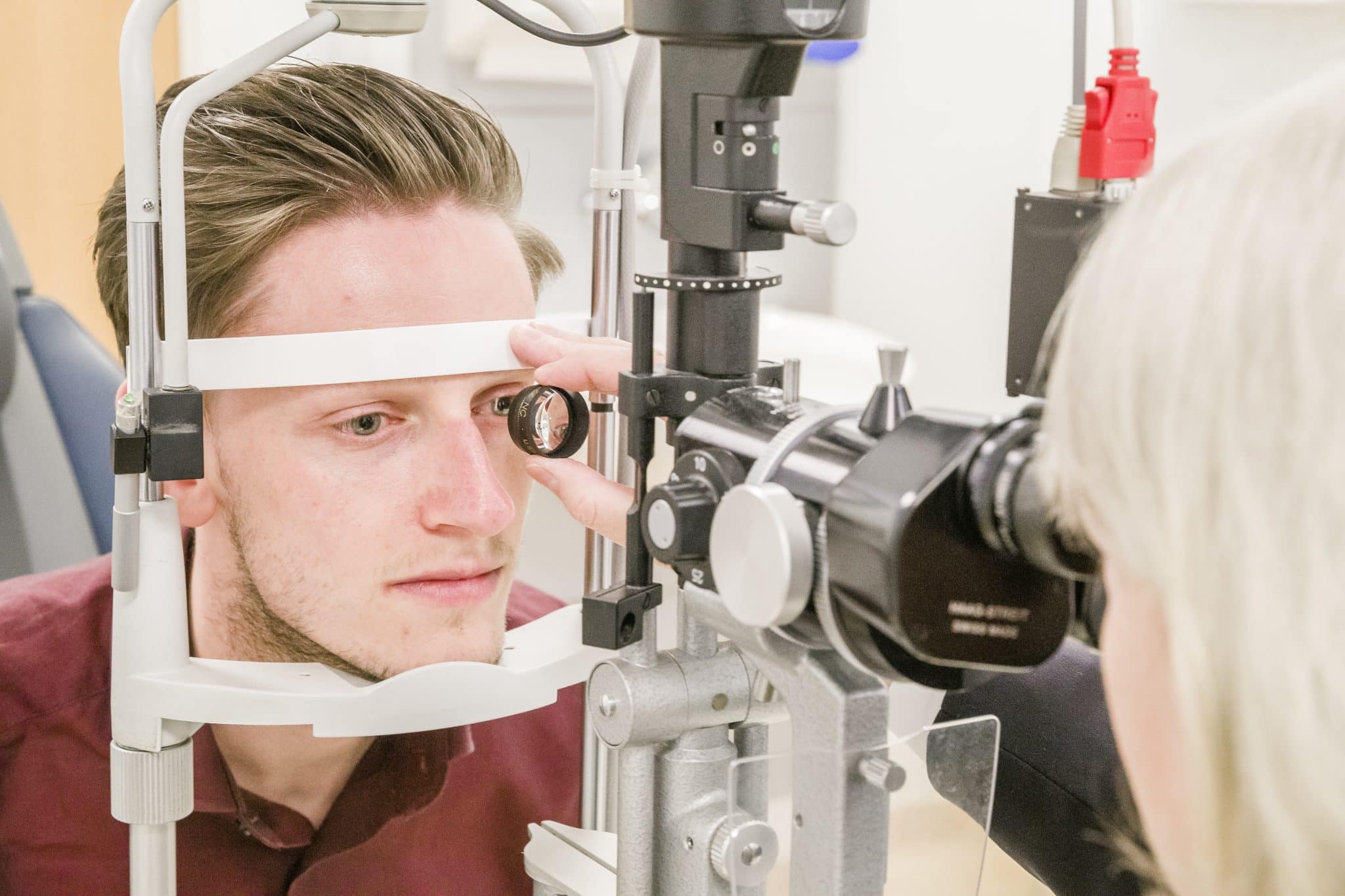
Classic retinitis pigmentosa
Retinitis pigmentosa (RP) is an inherited eye condition that affects the photoreceptor cells responsible for capturing images from the visual field. These cells line the back of the eye in the region known as the retina.
Search results

Retinitis pigmentosa (RP) is an inherited eye condition that affects the photoreceptor cells responsible for capturing images from the visual field. These cells line the back of the eye in the region known as the retina.

“Being part of something and feeling that you are not alone,” are just two of the positive benefits Cindy Peacock says she experiences as a volunteer with Retina UK.
As part of our aim to nurture young scientists, we are very pleased to introduce one of our new PhD students as part of a co-funding agreement with the Macular Society.

Steve has been volunteering for Retina UK since its formation in 1976 and has been a part of the Helpline team since the early 1980s.. He remembers very well a caller named Khadeja, who called the Helpline multiple times, following her diagnosis with RP in 1999.

Usher syndrome is an inherited condition that affects both hearing and vision. The symptoms of Usher syndrome consist of childhood-onset hearing loss, progressive vision loss caused by degeneration of the retina (retinitis pigmentosa), and sometimes balance problems.

Choroideremia is a genetic condition that causes progressive vision loss, mostly in males, and is due to degeneration of the specialised light-sensing photoreceptor cells that line the back of the eye.

People with NARP (Neuropathy, Ataxia and Retinitis Pigmentosa) syndrome have neurological (muscle weakness, epilepsy and memory problems) and balance problems in addition to retinitis pigmentosa.

In this condition, retinitis pigmentosa is accompanied by progressive neurological problems, abnormal red blood cells (acanthocytosis) and defective bowel absorption of fat, leading to very low blood levels of cholesterol and absent beta lipoprotein (Abetalipoproteinaemia).
Rod-cone dystrophy is an umbrella term used to describe retinal conditions in which the rod-shaped photoreceptors, found mainly in the peripheral areas of the retina, degenerate ahead of the cone-shaped photoreceptors in the centre.

In Refsum syndrome, visual impairment is accompanied by hearing loss, neurological problems, heart problems, dry or flaky skin, loss of sense of smell, and oddly shaped red blood cells.